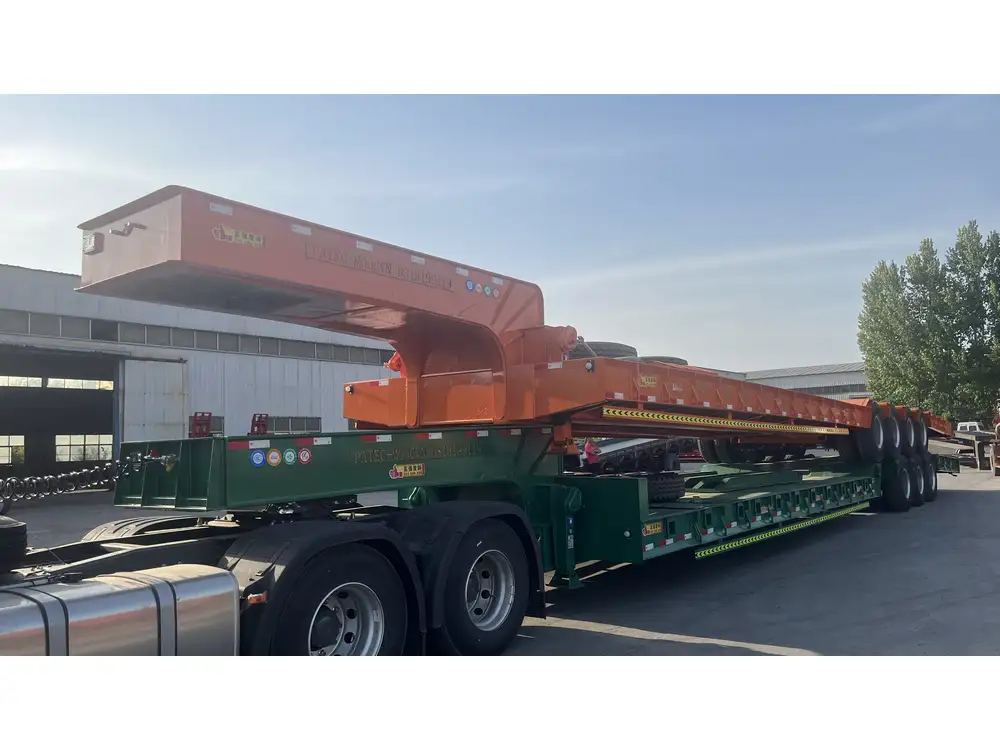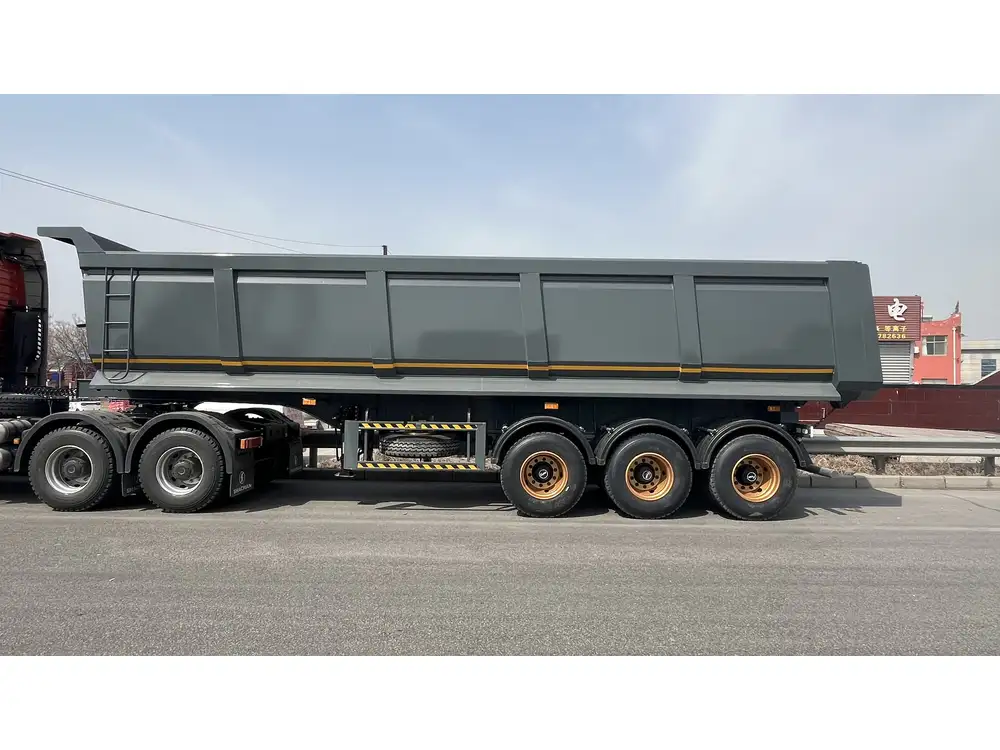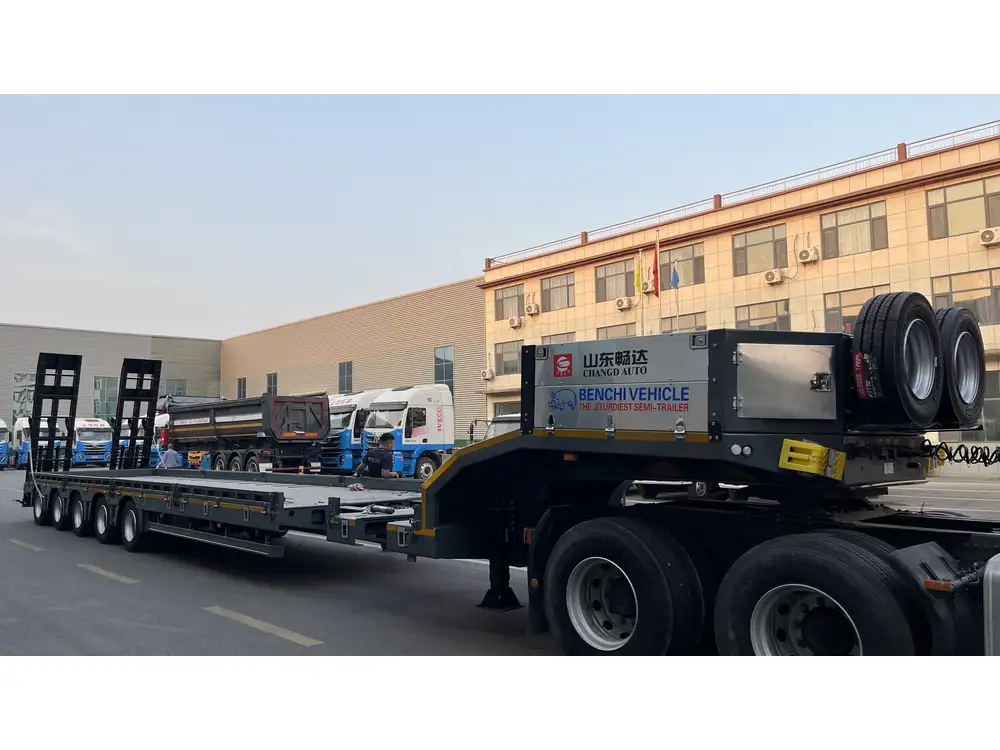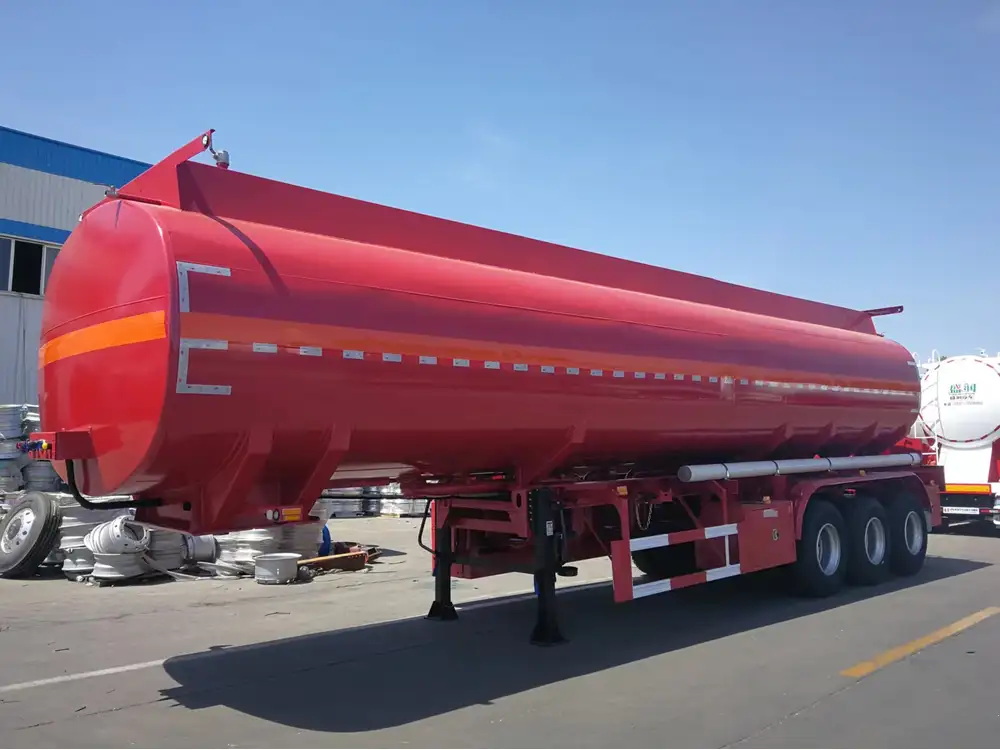When it comes to towing, one of the most critical aspects to consider is the weight of the trailer itself. This article dives deep into the considerations surrounding the weight of car trailers, breaking down the factors that influence weight, types of car trailers, and why this information is essential for safe and efficient towing.
The Basics: What Affects Car Trailer Weight?
Car trailers can vary greatly in weight based on several factors. Understanding these factors will help you select the right trailer for your needs and ensure that you’re within safe weight limits for your towing vehicle.
1. Trailer Type
Car trailers come in several types, each designed for different purposes and specifications. Here are the most common types and their typical weight ranges:
| Trailer Type | Typical Weight Range | Description |
|---|---|---|
| Single Axle | 1,000 – 3,000 lbs | Ideal for smaller vehicles and lighter transport needs. |
| Double Axle | 3,000 – 7,000 lbs | More stability and capacity for heavier vehicles. |
| Enclosed Trailers | 2,000 – 5,000 lbs | Protects contents; can be heavier due to additional materials. |
| Flatbed Trailers | 1,500 – 4,000 lbs | Versatile and often lighter due to minimal construction. |
| Car Haulers | 2,000 – 10,000 lbs | Specifically designed for transporting cars; weight varies by design. |

2. Materials Used in Construction
The material composition of a trailer affects its overall weight. Common materials include:
- Steel: Heavy and robust but increases overall weight.
- Aluminum: Lightweight and resistant to rust; ideal for maximizing load capacity.
- Composite: Increasingly popular for their lightweight properties and durability.
3. Size and Dimensions
Larger trailers typically weigh more due to their size, but other factors such as the design (length, width, height) and any additional features (side rails, ramps) also play a crucial role:
- Length: Longer trailers may accommodate bigger vehicles but usually weigh more.
- Width & Height: Wider and taller trailers can hold more cargo but add weight.
4. Features and Accessories
The presence of additional features significantly impacts trailer weight. Options may include:
- Ramps: Essential for loading and unloading but can add to the trailer’s total weight.
- Brakes: Necessary for larger or heavier trailers, adding complexity and weight.
- Decking: Plywood or composite decking on flatbed models influences the overall weight.

Importance of Knowing Your Car Trailer Weight
Understanding the weight of your car trailer is essential for several reasons:
1. Safety Considerations
The first and foremost concern with towing a trailer is safety. Exceeding your vehicle’s towing capacity can lead to numerous problems:
- Increased Stopping Distance: Heavier loads require more braking power, extending stopping distances and increasing the risk of accidents.
- Instability: Overloading can cause instability while towing, particularly during turns or when driving on uneven terrain.
2. Legality and Compliance
Each region has its own legal towing limits. Ignoring these limits can result in fines and legal complications. You’ll want to ensure that:
- The combined weight of your vehicle, trailer, and cargo stays within the legal limits for your license class.
- You’re following local regulations regarding trailer brakes, lights, and weight distribution.

3. Fuel Efficiency
Heavier trailers require more fuel, affecting your vehicle’s efficiency. When calculating costs for travel, consider how added weight will influence your overall fuel consumption.
4. Vehicle Wear and Tear
Regularly towing over the recommended weight can lead to:
- Increased Maintenance Costs: Over time, wear on your towing vehicle’s engine, suspension, and brakes accumulates, potentially resulting in costly repairs.
- Shortened Lifespan: Excessive weight can significantly reduce the lifespan of both your towing vehicle and your trailer.
Calculating Trailer Weight: What You Need to Know

1. Understanding Gross Vehicle Weight Rating (GVWR)
The GVWR is the maximum operating weight of a towable trailer. To find this, manufacturers will typically provide a plate indicating the GVWR. Key points include:
- Weight Calculation: The GVWR is the total weight the trailer can safely carry, including the trailer itself and any cargo.
- Net Weight: To find out the “net weight,” subtract the trailer’s empty weight from the GVWR.
2. Understanding Unloaded Vehicle Weight (UVW)
The empty weight of the trailer, also referred to as the UVW, is crucial for determining how much additional weight you can safely add:
- Calculation: UVW is the weight of the trailer itself without any load. Understanding this is essential to ensure safe towing.
3. Finding the Right Information
For accurate weight measurements, consider:
- Manufacturer Specifications: Always refer to the manufacturer’s documentation or website for precise specifications.
- Actual Weighing: For the most accurate data, take the trailer to a certified weigh station.

Tips for Safe and Efficient Towing
When planning to tow a car trailer, consider the following practical tips:
1. Do a Thorough Inspection
Before hitting the road, perform a comprehensive check of the trailer, including:
- Tires: Ensure proper inflation and tread depth.
- Lights: Check brake lights, turn signals, and running lights.
- Hitch Connection: Confirm that the trailer is securely attached to your tow vehicle.
2. Practice Weight Distribution
Managing your load distribution is critical for safe towing:
- Center of Gravity: Keep the center of gravity low and centered.
- Load Placement: Distribute cargo evenly over the axles to prevent swaying and instability.

3. Invest in Quality Equipment
Utilize high-quality towing equipment to enhance safety:
- Hitches: Invest in hitches rated for your specific weight needs.
- Sway Control Devices: These can significantly improve towing stability, reducing the risk of swaying.
Frequently Asked Questions
What is the average weight of a car trailer?
The average weight of a car trailer typically ranges from 1,500 to 7,000 pounds, depending on its type and size.

How do I check the weight of my trailer?
To check the weight of your trailer, visit a certified weigh station or consult the manufacturer’s specifications for the unloaded vehicle weight (UVW) and gross vehicle weight rating (GVWR).
What should I do if my trailer exceeds my vehicle’s towing capacity?
If your trailer exceeds your vehicle’s towing capacity, consider the following steps:
- Reduce Load: Offload some weight from the trailer if possible.
- Upgrade Equipment: Invest in a vehicle with a higher towing capacity.
- Consult Professionals: Seek advice from towing professionals for the best approach.
Conclusion
Understanding and knowing the weight of your car trailer is an essential aspect of safe towing. It encompasses various factors, including the type of trailer, materials used, size, features, and load distribution. Being well-informed not only promotes safety but also ensures compliance with legal standards and enhances the efficiency of your towing experience. Always prioritize these elements, and you can look forward to many successful loads transported without compromising safety or performance.



